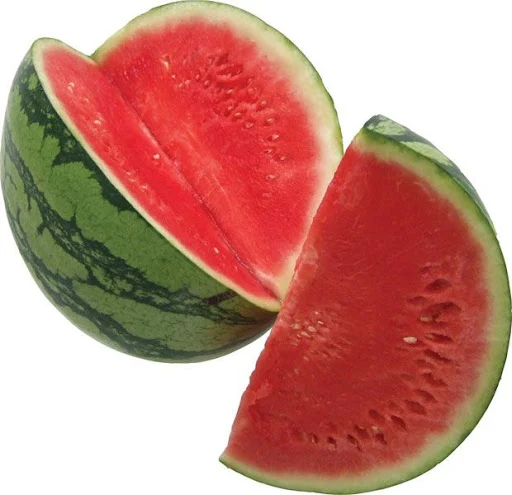Watermelon contains citrulline, which converts to arginine in the body, aiding in blood flow. Adequate blood flow supports brain function by delivering oxygen and nutrients. Additionally, watermelon is rich in antioxidants like lycopene and vitamin C, which may protect brain cells from damage. However, while watermelon can contribute to overall brain health as part of a balanced diet, it's not a magical brain booster on its own.
Benefits of Watermelon.
Watermelon offers several health benefits:
1. Hydration: With its high water content (over 90%), watermelon is hydrating and helps maintain fluid balance in the body.
2. Nutrient-rich: It's a good source of vitamins A and C, as well as minerals like potassium and magnesium, which support overall health.
3. Antioxidants: Watermelon contains antioxidants such as lycopene, beta-carotene, and vitamin C, which help protect cells from damage caused by free radicals.
4. Heart health: The citrulline in watermelon may improve blood vessel function and lower blood pressure, promoting heart health.
5. Weight management: Watermelon is low in calories and contains fiber, which can help you feel full and satisfied with fewer calories, potentially aiding in weight management when consumed as part of a balanced diet.
Overall, incorporating watermelon into your diet can contribute to hydration, provide essential nutrients, and support overall health.
